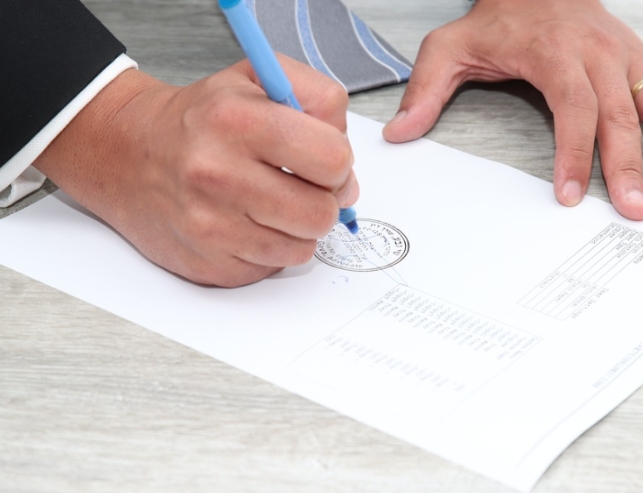As global demands for environmental protection and water resource management continue to rise, the design, production, and application of water treatment equipment must comply with international standards and industry certifications to ensure stable performance, safety, and reliability.
Common International Standards and Certifications:
- ISO International Standards
- CE Certification (European Conformity Mark)
CE certification is a mandatory requirement for water treatment equipment entering the European market, covering aspects such as mechanical and electrical safety. It is applicable to equipment such as screw presses, plate-and-frame filter presses, and belt filter presses.
- NSF Certification (National Sanitation Foundation)
NSF certification focuses on the safety and performance of drinking water treatment equipment, particularly for RO pure water systems and EDI ultrapure water systems, ensuring the treated water meets international drinking water standards.
- ASME Certification (American Society of Mechanical Engineers)
ASME certification is mainly applicable to pressure vessel equipment, such as glass-fused-to-steel (GFS) tanks. This certification ensures the safety of storage tanks operating under high pressure or in corrosive environments.
- Other Regional Standards
Importance of Industry Certification:
Industry certifications help businesses evaluate the performance and reliability of water treatment equipment when making purchase decisions. For example:
Conclusion
International standards and industry certifications for water treatment equipment not only ensure product quality but also serve as a foundation for stable performance and safe operation. Purchasing certified water treatment equipment in Thailand helps businesses comply with discharge regulations and improve operational efficiency. Choosing certified equipment ensures the long-term stability of water treatment systems.


